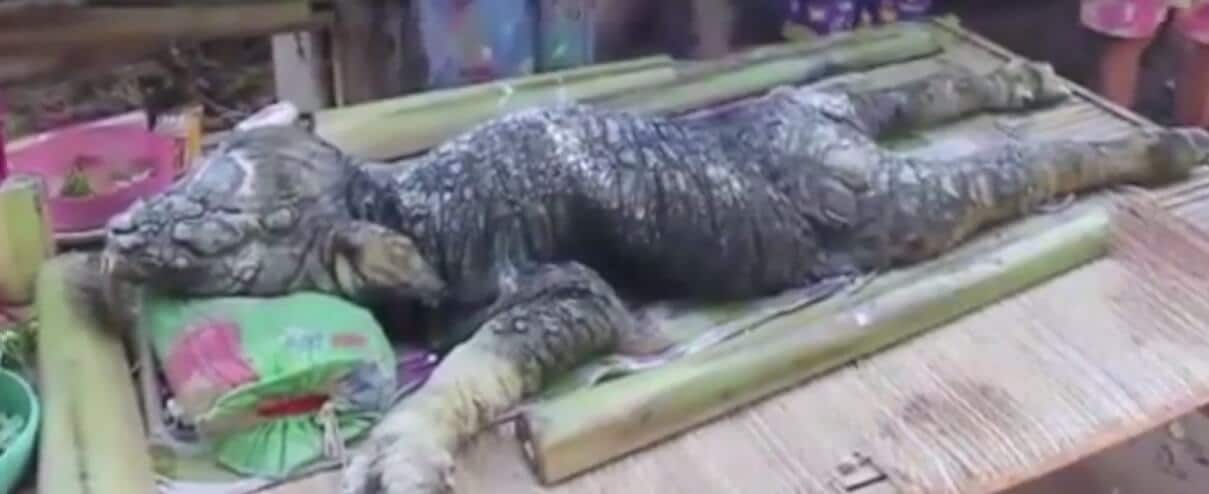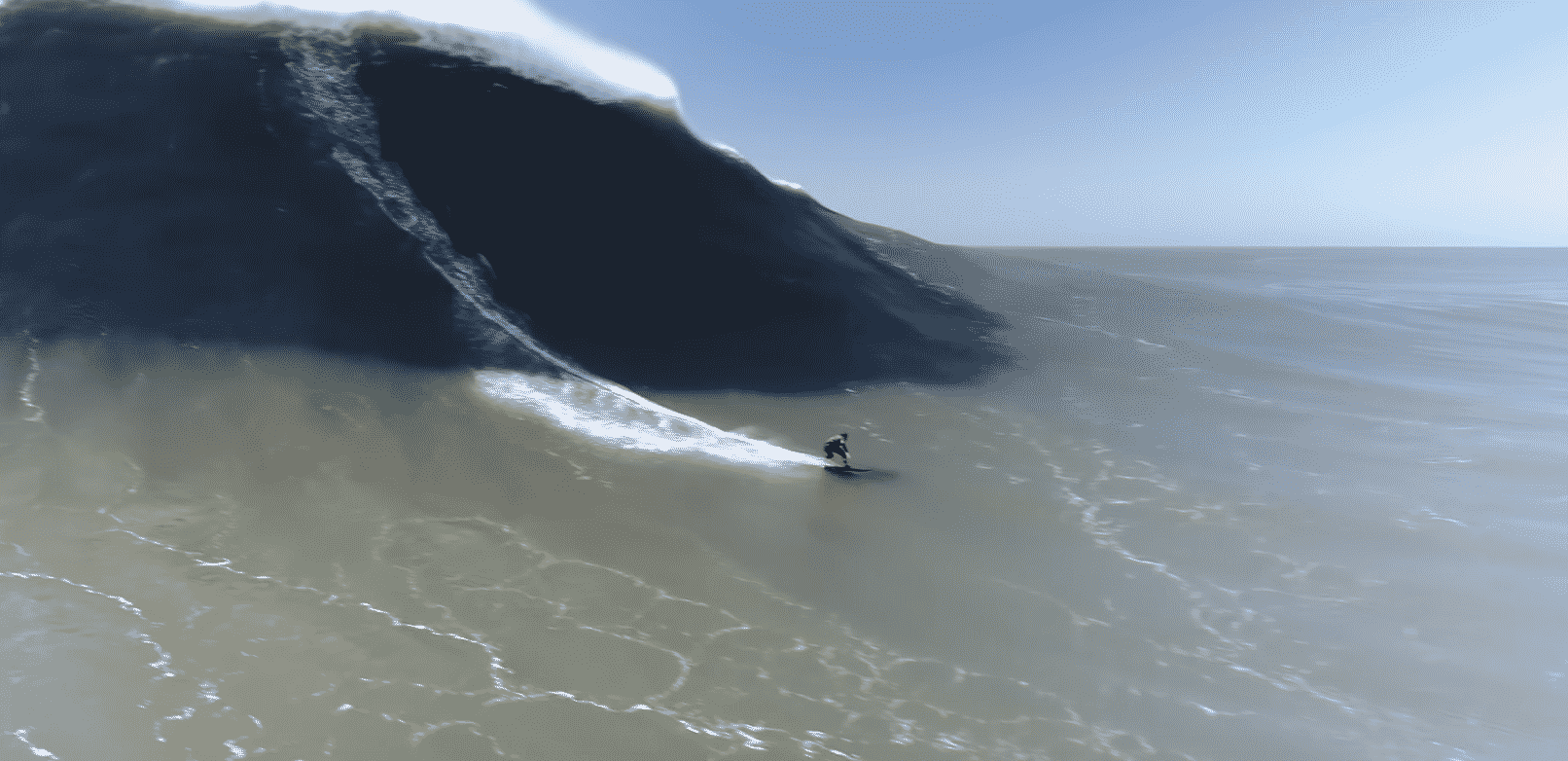
Typically, when you think of fish, your first thoughts aren’t to one that can walk across land and survive up to four days out of water.
But that just means you haven’t met “Fishzilla.”
Thanks to researchers in the Eastern Himalayas, we have one more species of “Fishzilla” to add to our list, along with more than 200 other species that have recently been discovered. The World Wildlife Federation report – “The Hidden Himalaya: Asia’s Wonder Land” – was focused on creatures living in Nepal, Bhutan, the far north regions of Myanmar, southern Tibet, and north-eastern India, and was conducted during the past five years.
One of the most significant finds is the vibrant blue dwarf “walking” snakehead fish, which was discovered in West Bengal, India. The species breathes air, can survive up to four days on land, and can “walk” – according to the WWF report, the walking is described as something “more cumbersome than a smoothly slithering snake” – up to a quarter of a mile on wet ground, between bodies of water. The report even mentions that the creature’s aggressive traits have garnered it the name of “Fishzilla” from National Geographic.
The creatures grow to about four feet in length and each spawning age female can release up to 15,000 eggs at once.
This marks the 36th type of snakehead found, bringing the species one step closer to total world domination.
Another notable find was a snub-nosed monkey – dubbed “Snubby” – in Northern Myanmar. Locals in the remote forests of the country said the creature is very easy to find because falling rainwater often causes the monkey to sneeze. To avoid this problem, the monkeys spend rainy days sitting with their heads between their knees.
There are quite a few other species included on the list that are worth reading about, though many of these species are already facing extinction threats due to climate change, population growth, deforestation, poaching, pollution, among other things.
If you’d like to read the full report, click here.







